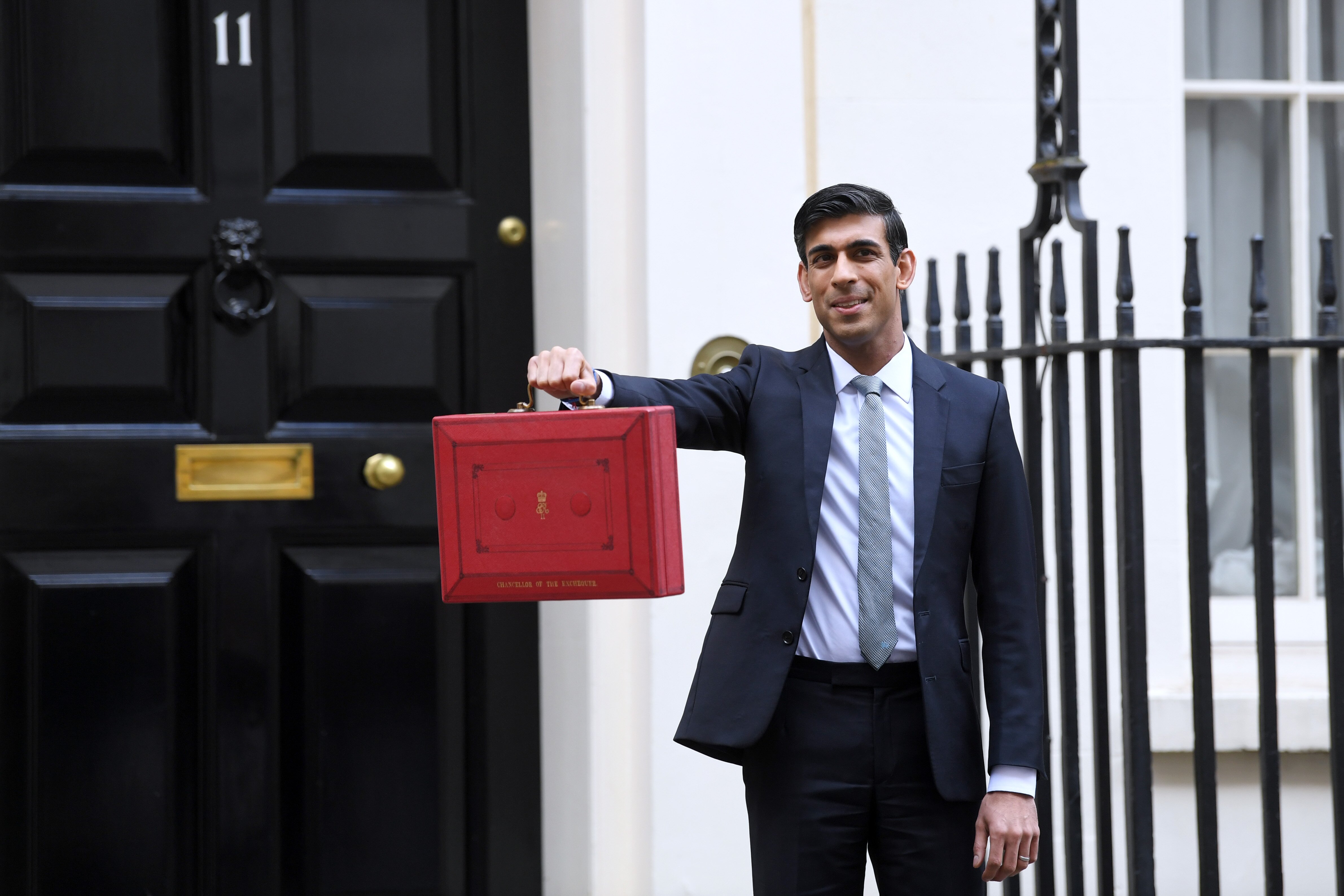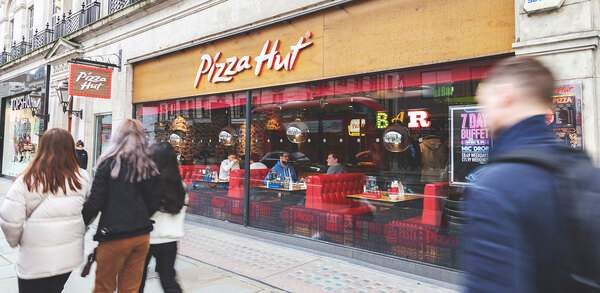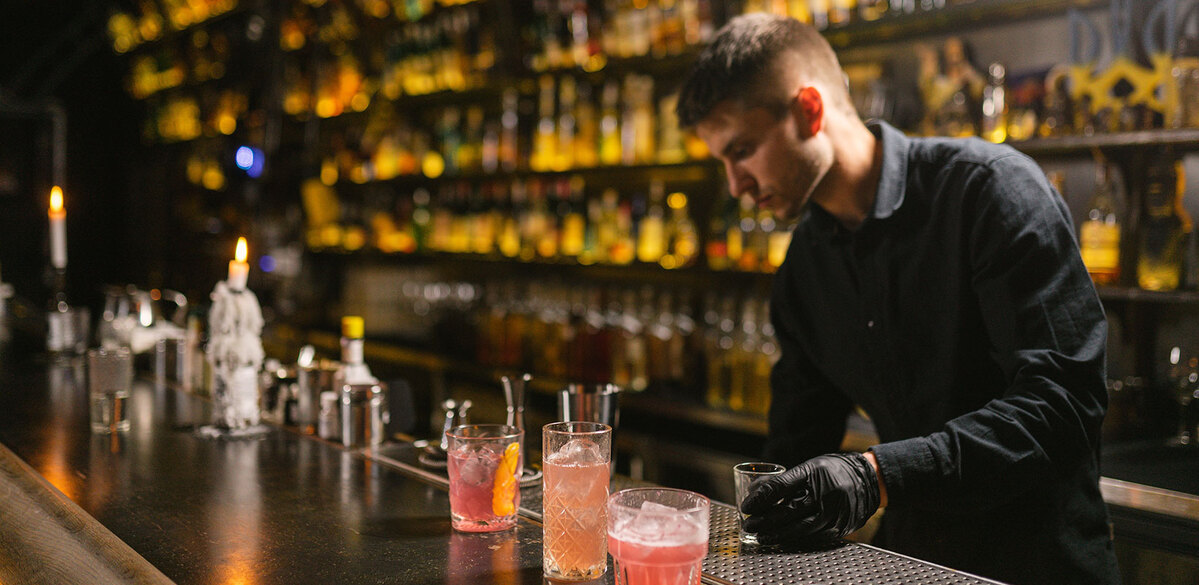Autumn Budget 2021: What to expect for hospitality
Chancellor Rishi Sunak is due to deliver his combined Autumn Budget and Spending Review today (27 October) at 12.30pm – here is what to look out for that will be relevant to the hospitality sector.
National Living and Minimum Wage
The Treasury has already confirmed that the National Living Wage will increase to £9.50 an hour from 1 April 2022, rising from £8.91 for those aged 23 and over.
The National Minimum Wage, which applies to those aged 21-22, will also increase from £8.36 an hour to £9.18.
And the minimum hourly rate for apprenticeships is also being boosted nearly 12% from £4.30 to £4.81 an hour for those aged 16-18 or aged 19 or over in the first year of their apprenticeship.
VAT
The #VATsEnough campaign, backed by major trade bodies and more than 200 hospitality chief executives, has called on the chancellor to make the current 12.5% VAT rate permanent for hospitality and tourism to help businesses to rebuild their balance sheets, avoid price increases and accelerate recovery.
The Treasury reduced VAT to 5% last year to support the sector through the pandemic. Under current plans VAT will return to its pre-pandemic level of 20% come April 2022, just as next year's peak season begins.
Business rates
The government has said it will conclude its review into business rates this autumn, however only minor changes are expected to be announced in the Budget. Despite the government committing to wholesale reform, reports have suggested more time is needed, even though the review has already been delayed four times in the last year.
The government previously said its ambition was to develop a business rates system that reduces the overall burden on businesses, puts the tax on a more sustainable footing and presents options for more fundamental long-term change.
Over the summer, the government launched a consultation into businesses rates with plans for property revaluations every three years instead of five.
UKHospitality and the British Institute of Innkeeping (BII) supported the proposals but stressed that it could not come at the cost of extra reporting, restrictions on appeals and penalties.
Hospitality businesses paid no business rates for 15 months as part of the government's Covid-19 support package and eligible businesses are receiving a further 66% off their bills until March 2022. However, it has long been argued that the burden falls unfairly on the sector. Earlier this year The Caterer reported that the hospitality sector was estimated to overpay by 300% relative to its turnover under the current system, equating to £2.4b.
T-Levels
Reports have suggested Sunak will announce £1.6bn to roll out new T-levels for 16 to 19-year-olds, and £550m for adult skills in England. It is hoped this will include catering and hospitality, however some industry voices have expressed concern and pessimism over their inclusion.
Alcohol duty
Wine Drinkers UK, a collection of wine consumers, makers and sellers, is calling on the chancellor not to increase alcohol duty, which is already being impacted by inflation.
Office for National Statistics data has suggested that government plans to increase wine duty by RPI (4.9%) would add an extra 13p to a bottle of still wine and 17p to a bottle of sparkling.
Coronavirus recovery loans
Rishi Sunak is also reportedly planning a six-month extension of the government’s coronavirus recovery loan scheme that is due to end on 31 December.
Photo: Shutterstock


















